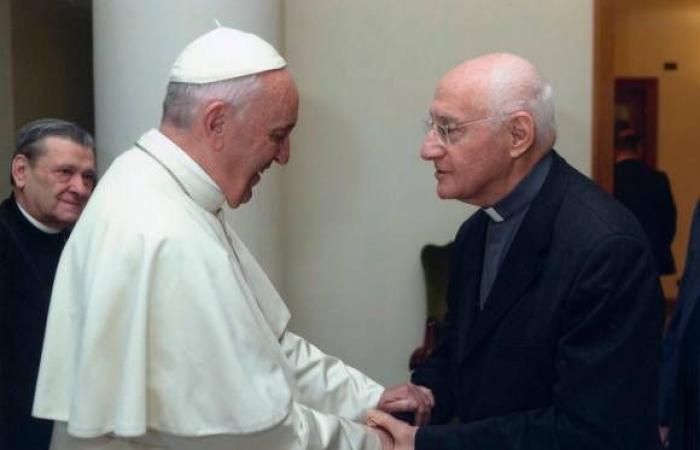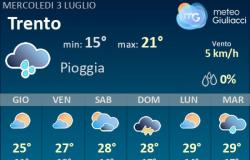Giorgio Biguzzi, bishop emeritus of Makeni, Sierra Leone, from Cesena, died yesterday morning at the hospital in Parma. He was 88 years old and had been ordained a priest on October 16, 1960, in the same city where he died shortly before dawn yesterday. A few months later, he left for the United States, staying there until 1974. But his mark was especially in the experience he lived for 35 years in Sierra Leone, first as a missionary and then as a bishop committed to building bridges of peace in an area devastated by an interminable and ferocious war.
After entering the seminary, first in Cesena and then in Bologna, Giorgio Biguzzi joined the Xaverian missionaries, as a novice at San Pietro in Vincoli and then in Parma. On November 17, 1986, Pope John Paul II appointed him bishop of Makeni, diocese of Sierra Leone, where he had been a missionary from 1975 to 1985, before a period as director of the seminary of Ancona. He served as episcopal there until 2012.
Peacemaker in Africa
He made the tragic story of child soldiers known to the world in that tormented West African country. Since the beginning of the civil war in 1991, he supported Caritas, which was committed to helping displaced persons and refugees. After the coup d’état in 1997, the diocese he governed took care of children “enlisted” to fight and those taken away from their families because of the war.
In May 1999, shocked by the scenes of violence and hunger that he continued to see, he launched an appeal for peace that had a great echo and within a few weeks peace negotiations began between the two factions, with the mediation of Biguzzi himself as a member of the Interreligious Council of Sierra Leone, which brought together the leaders of the Catholic, Protestant and Muslim communities of the country. In July 2003, a peace agreement was signed between the President of Sierra Leone Ahmed Tejan Kabbah and the leader of the Revolutionary United Front (RUF), Foday Sankoh, and the bishop of Cesena played a decisive role in reaching that goal.
He has always said that the conflict was not a war between different ethnic groups or religions, as some say: those differences coexisted peacefully for a long time, until a small group of revolutionaries, later called the Ruf rebels, took up arms to overthrow a corrupt government, but then they were dazzled by the power and money derived from the control of diamond mines. Obviously with the help of Western countries, ready to let cynicism prevail for their own economic interests.
The Cesena roots
Giorgio Biguzzi’s family was originally from Calisese, but soon moved to Martorano, and there he established and maintained the strongest ties, even though his missionary spirit often kept him away.






